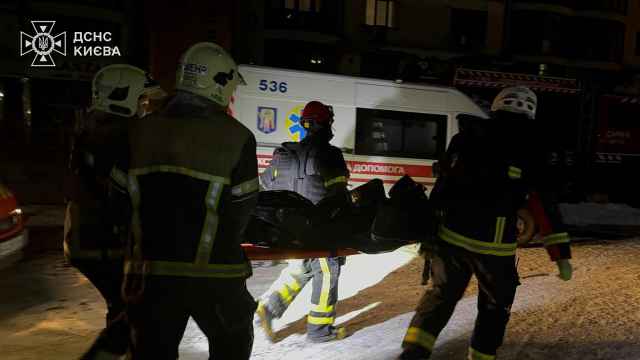About 1,000 businesspeople could be released this year under an economic amnesty that had initially ended earlier this month, business ombudsmen Boris Titov said Tuesday.
The amnesty, which began on July 4 and officially ended six months later, was to pardon first-time offenders convicted of economic crimes, as well as those who had not yet been sentenced. By the time it ended, more than 1,660 people were released.
De facto, the amnesty is still under way because courts continue to hear numerous appeals to soften charges of fraud, which does not fall under the amnesty, into milder charges.
"The amnesty is not over yet. More than 100 people were amnestied in the last week [of 2013]," Titov said.
He said that nearly 2,000 people had already had their charges revised and were now eligible for release. Another thousand cases are expected to be heard in the coming months.
The number of those expected to be affected by the measure, announced by President Vladimir Putin during the St. Petersburg International Economic Forum in June, has been continually revised downward.
Titov originally said the amnesty would affect 100,000 people, including 13,500 people serving prison sentences. But the list of crimes that the amnesty covers was reduced by the Russian parliament when the legislation was under consideration, and Titov later said that he expected just "thousands" to be freed.
A Message from The Moscow Times:
Dear readers,
We are facing unprecedented challenges. Russia's Prosecutor General's Office has designated The Moscow Times as an "undesirable" organization, criminalizing our work and putting our staff at risk of prosecution. This follows our earlier unjust labeling as a "foreign agent."
These actions are direct attempts to silence independent journalism in Russia. The authorities claim our work "discredits the decisions of the Russian leadership." We see things differently: we strive to provide accurate, unbiased reporting on Russia.
We, the journalists of The Moscow Times, refuse to be silenced. But to continue our work, we need your help.
Your support, no matter how small, makes a world of difference. If you can, please support us monthly starting from just $2. It's quick to set up, and every contribution makes a significant impact.
By supporting The Moscow Times, you're defending open, independent journalism in the face of repression. Thank you for standing with us.
Remind me later.





